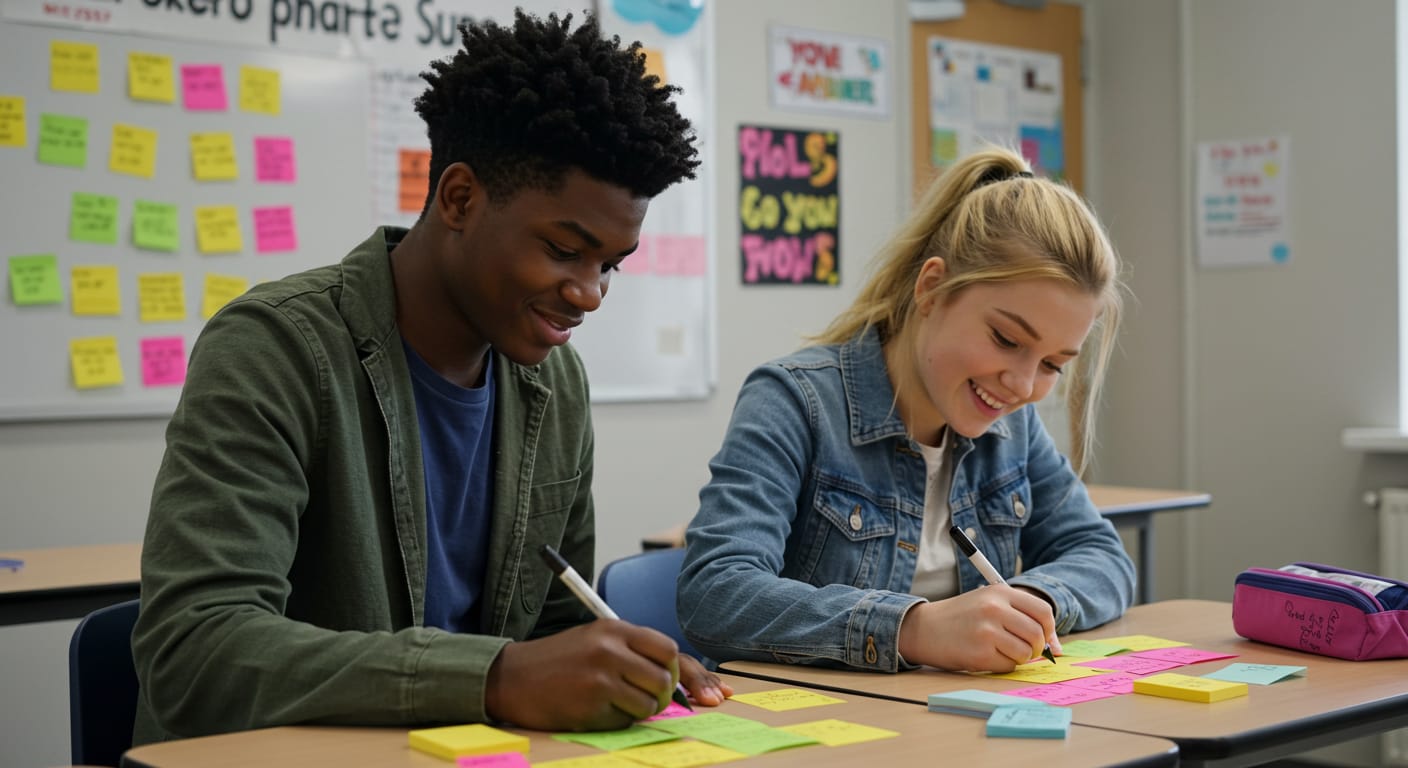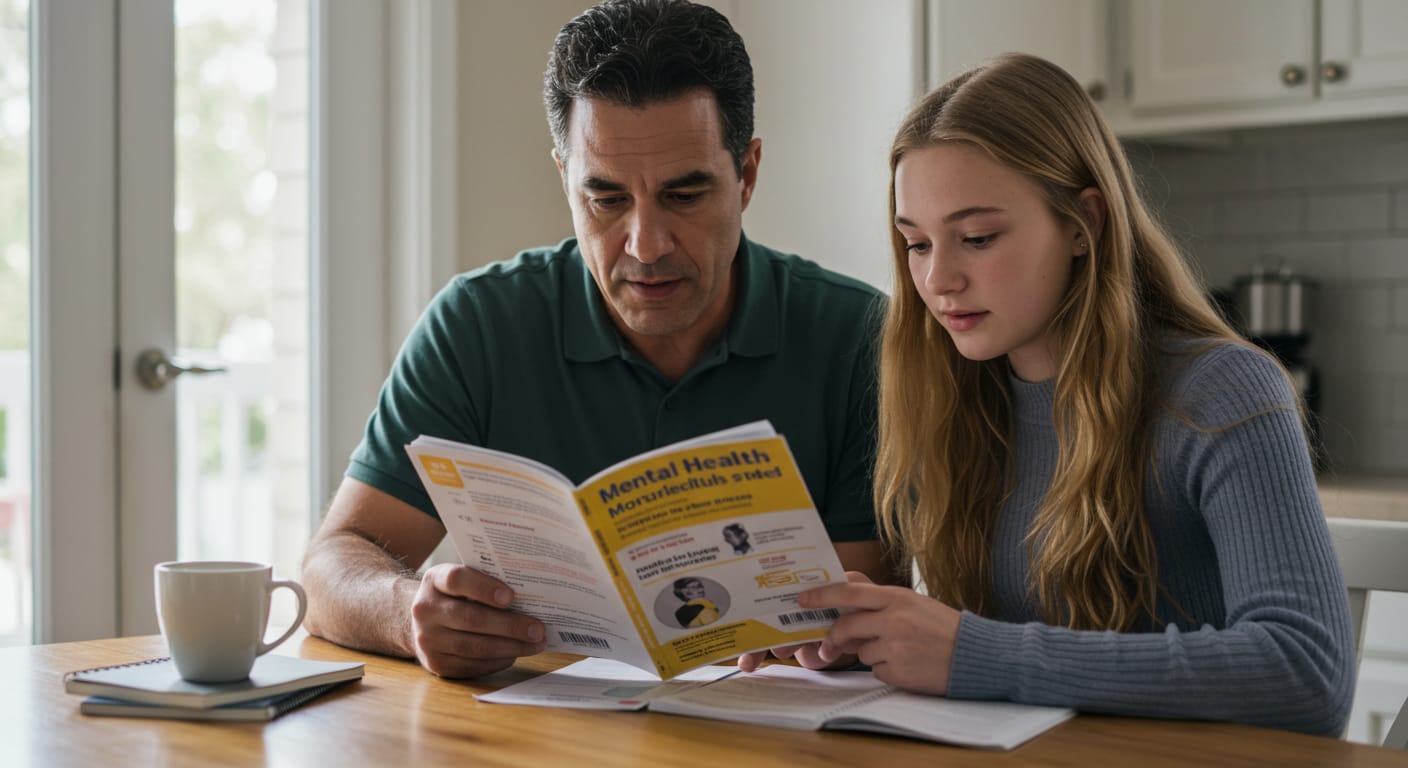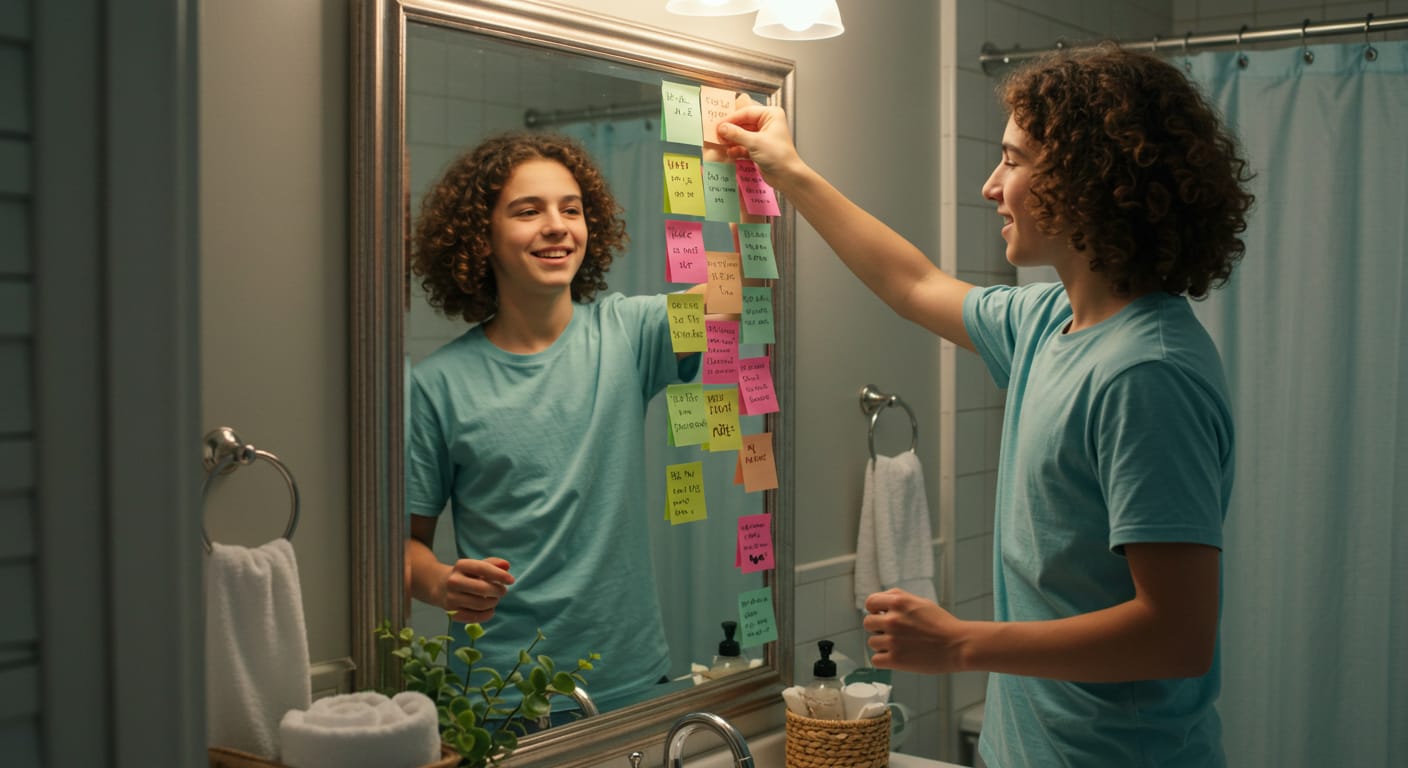Hear Me Out
Mental awareness for children and teens is not just about education—it’s about empowerment. It teaches them how to care for their own emotional well-being while also building empathy for others. As we move forward in this journey, let’s empower the next generation to break harmful thought patterns and replace them with lifelong skills for mental health.
Let Teens Take the Lead Sometimes
It’s natural for adults to want to protect kids from emotional pain. But micromanaging their mental health can backfire. We need to guide—not control—their healing. When we give teens a voice in their mental health journey, we teach them strength, autonomy, and emotional intelligence.
Mental Health Awareness Still Lags Behind
Even with growing awareness, many families still don’t recognize the need for support services like therapy or mental health education. It’s not enough to be aware—we need to be actively engaged in learning what is age-appropriate and helpful for each teen.
It’s Not Their Fault
Teenagers need to understand that depression or anxiety isn’t a result of being “weak” or “dramatic.” It often comes from complex chemical changes in the brain—not personal failure. When they learn this, they stop blaming themselves and start healing with compassion.
Emotions Aren’t Bad—They’re Messages
Help teens understand that all emotions are valid. Anger, sadness, frustration—they’re not “bad.” They’re signals. When teens learn to name and process emotions instead of stuffing them down, they grow into emotionally intelligent adults.
“Suppressing emotions is like shaking a soda bottle and never opening it—eventually, it’ll explode.”
Failure ≠ Worthlessness
One mistake or one bad grade shouldn’t define a teen’s self-worth. We must break the link between failure and identity. Empower them to learn from it and move forward. Teach that failure is a step—not the end.
Growth May Come Through Redirection
Sometimes, a failure is a red flag that something isn’t aligned. It could be a signal to shift to a new interest or path. Support your teen in exploring different forms of intelligence and talents—creativity, empathy, leadership, logic. All are valuable.
Mental Health Awareness Should Be Daily
Mental health doesn’t just belong in Awareness Month—it belongs in everyday life. Praise small wins, encourage passions, and help teens focus on what’s going right. Small positives add up and change how they see themselves.
Model & Step Back
Sometimes, the best way to support a teen’s mental health is to model healthy habits and then step back. Let them apply what they’ve learned in their own way. Trust the seeds you’ve planted.










